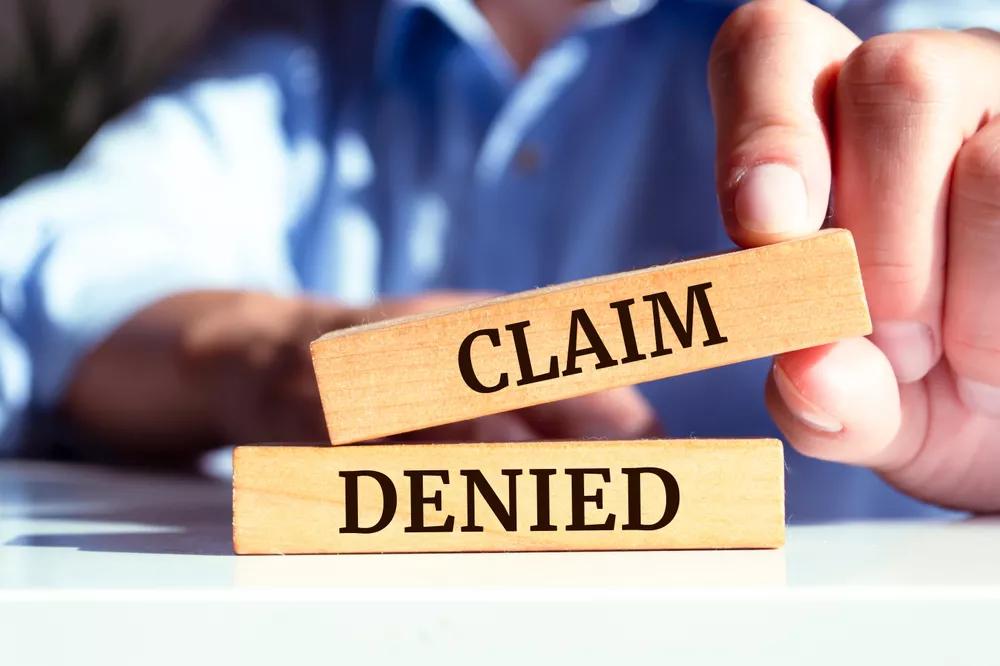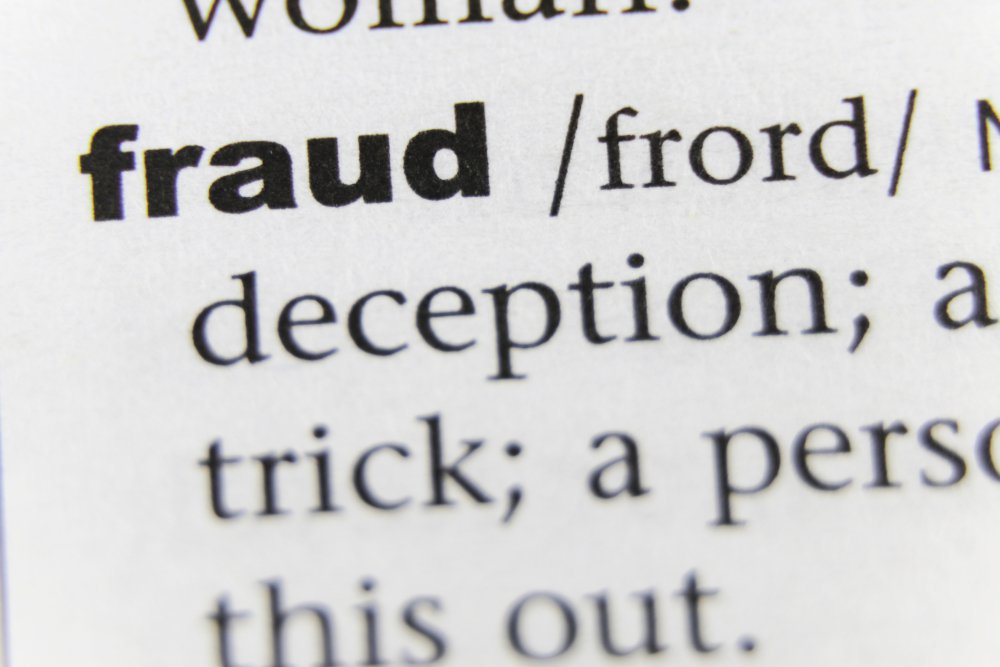A major hurricane can cost insurance companies billions of dollars. In the wake of a significant storm, insurance companies often look to limit their liability by unfairly denying claims, whether in full or in part. If your hurricane claim was denied or only partially paid, and you believe you have a right to reimbursement under the terms of your insurance contract, do not accept this as the final word. There are several steps you can take to dispute your insurer’s denial or underpayment and recover the funds that you are entitled to under the terms of your contract.
Reason for Denial
If your insurance company denies or limits your claim, it must notify you of the reason(s) in writing. Insurance companies may deny hurricane claims for a variety of reasons. They may claim the damage was caused by a peril that is excluded under the policy; for instance, property insurance policies typically cover damage caused by wind or wind-driven rain, but not flooding or storm surge. Another common reason for denial is lack of sufficient evidence that the damage was caused by the storm and was not pre-existing damage. In some cases, the insurer may claim that, after the initial damage, you did not take reasonable steps to protect covered property from further damage, as required under your policy. Claims may also be denied if documents were not submitted properly or on time.
Appeal Directly to the Insurance Company
If you believe your insurer’s reason for denial is without merit, carefully craft a response to the insurance company. Review your policy and your previously submitted claim and, with the insurer’s stated reason(s) for denial in mind, provide a compelling, thorough argument of why you are entitled to coverage. Include additional evidence to back up your claim. For instance, if the insurer contends that the damage was pre-existing damage, include more photos of the property from both before and after the storm. When an insurance company is presented with new evidence, it has a good faith obligation to reopen a claim and reconsider its decision.
Force Negotiation
Another option is to force a negotiation with the insurance company by hiring an experienced insurance lawyer to prepare a response that includes compelling factual legal arguments and supporting evidence. Many insurance companies want to avoid costly litigation and the unknown verdict at the end of a trial. When presented with compelling legal arguments and strong evidence, the insurer may reverse its position on the claim. Or the insurer may agree to settle the claim for an amount you deem acceptable – either during the negotiation phase or at any point before the final verdict in litigation.
After a New Jersey house was washed into the sea by Hurricane Sandy, the homeowners filed a claim under their homeowners’ insurance policy. Based on a structural engineer’s report, the insurance company claimed that the loss was due to storm surge, which was not covered under the policy, as opposed to wind and wind-driven rain, which were covered. After the homeowners retained us, we negotiated with the insurance company on their behalf. We hired a forensic meteorologist and our own structural engineer, uncovered additional evidence and made a compelling argument that the loss was, in fact, caused by wind and wind-driven rain. We eventually secured a major settlement for our client.
Alternate Dispute Resolution
If negotiations prove unsuccessful, some insurance contracts contain a clause requiring that disputes be settled by alternative dispute resolution (ADR) either before or instead of litigation. ADR includes mediation and arbitration. Mediation is a voluntary, non-binding, relatively informal process in which a neutral third party guides negotiations between two parties. The mediator does not render a decision, but helps the parties reach an agreement. When successful, mediation can be a relatively fast, inexpensive way to resolve disputes. But when it fails, you will be right back where you started, with nothing to show for your investment. In arbitration, which is more formal, both sides present their arguments and evidence before a neutral arbitrator, who then decides the outcome.
Arbitration can be binding or non-binding; with binding arbitration, the arbitrator renders a legally enforceable decision, by which both parties must abide. Binding arbitration is generally less costly and time-consuming than litigation, but if you are unhappy with the decision, your appeal options are very limited.
Litigation
If other efforts fail, you may choose to sue your insurance company for breach of the insurance contract and, where appropriate, breach of the duty of good faith and fair dealing. A good insurance lawyer will expertly challenge the insurance company’s reasons for denial. Unlike with binding arbitration, litigation provides appeal options if you are unhappy with the result. Litigation also allows for bad faith allegations to be brought against the insurance company, when warranted. As bad faith liability carries significant damages, potential bad faith exposure may convince the insurer to try to reach a settlement with you.
The insurer may agree to settle the claim at any point during litigation. In fact, the vast majority of all insurance lawsuits settle before the final verdict.
If you are involved in a dispute with your insurance company, contact Schwartz Conroy & Hack. We have the expertise, experience and tenacity to make insurance companies keep their promises to you and your business.

